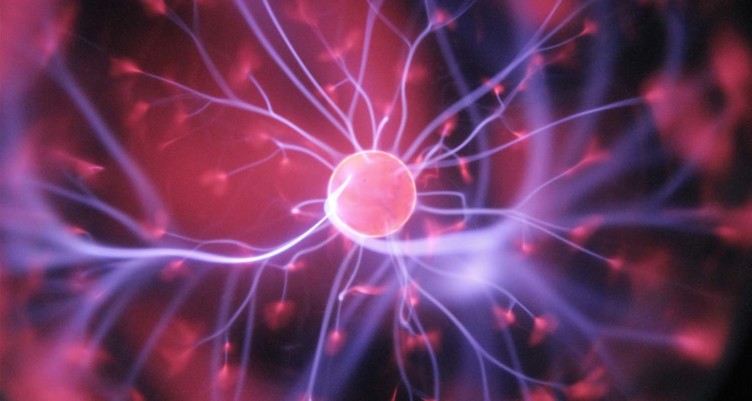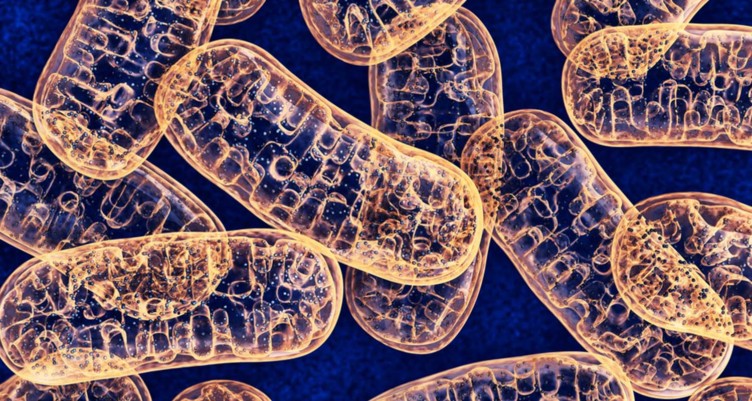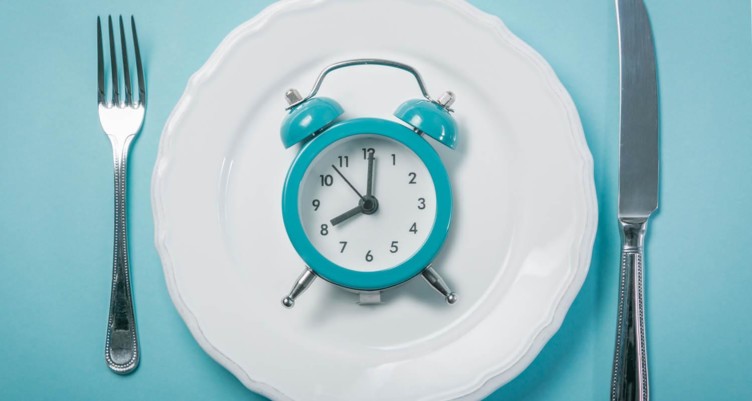Everything You Need to Know About Autophagy

- Autophagy means “self-eating.” It’s a natural process your cells undergo to clean out damaged parts and create new, healthier ones.
- Autophagy may help with inflammation, delay the development of health issues and strengthen the immune system.
- Autophagy may be induced by intermittent fasting, caloric restriction, exercise and keto.
Juice cleanses and detox teas don’t hold a candle to your body’s ability to detox. One of the ways it does this is through autophagy, a natural process that cleans out damaged cells and helps keep your systems humming.[1]
Autophagy may sound overly scientific, but it is extremely important. This unsung hero may help with inflammation, promote better health and encourage healthy aging.
Keep reading to learn more about the science behind autophagy, its benefits and how to induce this amazing bodily process.
What is autophagy?

Autophagy is made up of two Greek words. “Autos” means “self,” and “phagy” means “eat.” It’s also referred to as “self-devouring.” While this may sound like an unwelcome process in the body, it impacts overall health in beneficial ways.
This natural, self-preservation process describes how your cells clean out damaged cellular components, helping you produce healthier cells.[2]
You can think of autophagy as the body’s cellular recycling system. The human body is made up of trillions of cells that keep it functioning. But over time, our cells become damaged.
Enter autophagy. Dysfunctional cells go through a process of cellular housekeeping. Damaged cells get destroyed or recycled into the lysosome, which is a membrane-bound cell organelle that has digestive enzymes to break down components of a cell.[3]
What are the benefits of autophagy?

Autophagy hits the reset button on your health. If not performed regularly, damaged cells can build up, which can increase the risk of developing health-related problems.
Researchers are still in the early stages of understanding how autophagy works in the body. What we know so far is limited, but the evidence is compelling.
Some possible autophagy benefits include:
Helps with healthy aging
Autophagy is important for healthy aging, and you won’t find at the store. Autophagy helps to keep our bodies healthy by clearing out damaged cells.
Over time, our cells accumulate a variety of dead organelles, damaged proteins and oxidized particles that can clog the body’s inner workings. This accelerates the effects of aging and age-related diseases because cells cannot divide and function normally. By clearing out the waste and creating new cells, it helps renew the skin.
Supports Wellbeing
Haven’t been sick in a while? Autophagy is a friend to your immune system by helping to clear bacteria and viruses from the body.[4] This helps keep the immune system strong.
Supports longevity
Autophagy may contribute to a long, healthy life. Research has found that autophagy helps to keep the body functioning properly and to clean out unhealthy proteins from the cells.[5] This may protect the body from certain health related illnesses.
A 2019 study found a connection between dysregulation of autophagy and chronic disease.[6] This includes diabetes and neurodegenerative diseases, such as Alzheimer’s and Parkinson’s disease.

Tips for inducing autophagy:
Although autophagy naturally occurs in the body, many people intentionally induce the process to reap the benefits faster.
This is done putting the cells into survival mode. Sounds counterintuitive, but speeding up autophagy is a win-win for you and your cells.
Here are four methods to promote the autophagy process.
Fasting and calorie restriction
Fasting and calorie restriction induce autophagy by putting the body’s cells under stress. By simply not eating for an extended period of time, you can kickstart your body’s natural detoxification process.[7]
Since autophagy means “self-eating,” it’s understandable that autophagy and fasting go hand in hand. Many people follow intermittent fasting (IF), a popular eating pattern where you cycle through periods of eating and fasting.
How long do you have to fast until autophagy?
When does autophagy start if you’re fasting? Older research involving animals suggests that 24 or 48 hours of fasting promotes autophagy.[8] Currently, there isn’t enough research on how long to fast to trigger autophagy in humans.
LifeMD, a fasting app, suggests that autophagy ranges from short-term to moderate to significant activation. They recommend 12 to 16 hours for short-term; 24 to 48 hours for moderate; and extended fasts exceeding 48 hours for significant autophagy.[9]
Exercise
Exercise-induced autophagy is a thing — and a good one at that. In a 2018 study, 12 men completed an eight-week exercise program consisting of continuous state cycling or high-intensity interval cycling for three days per week.[10] The researchers concluded that both styles of training supported autophagy.
The most beneficial exercises for this include high-interval intensity training, aerobic exercise and resistance training.[11]
Curcumin
Curcumin, the active compound in turmeric does more than give food a kick. It may also help with autophagy in particular cells via signaling pathways.
Keto diet
Ketosis isn’t the only beneficial process triggered by the keto diet. It can also bring about autophagy. This happens much the same way as IF. Ketosis (the shift from burning carbs to fats) mimics what occurs naturally in a fasted state — and this may promote autophagy in its own right.[12]
In fact, combining autophagy fasting with the ketogenic diet can usher along the process smoothly.
Autophagy is a natural method for cleaning out damaged cell parts and creating new, healthier ones. This “self-eating” process keeps the body running in tip-top shape by supporting healthy cells and boosting your overall health.
You can promote your autophagy response naturally through fasting, caloric restriction, exercise and the keto diet. This may help your body resist illness and support longevity.
Give us 30 days and we'll give you more energy. Get tips, recipes and more that will help you become the best version of YOU.
This is an update of an article originally published January 2018.



